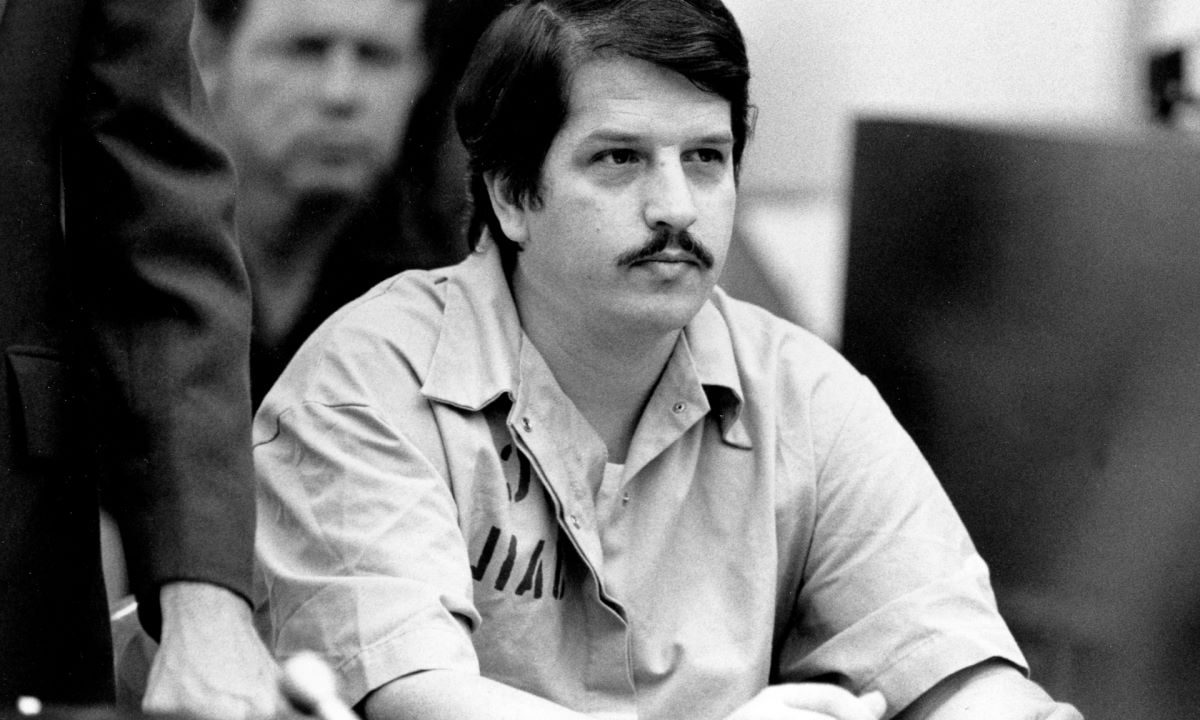
Who was William Bonin? Known as the "Freeway Killer," William Bonin was a notorious American serial killer active during the late 1970s and early 1980s. He was convicted of the brutal murders of at least 21 young men and boys in Southern California. Bonin's crimes shocked the nation due to their sheer brutality and the chilling manner in which he lured his victims. His modus operandi involved picking up hitchhikers, offering them rides, and then subjecting them to unspeakable horrors. Bonin's capture and subsequent trial revealed a deeply disturbed individual with a history of violence and abuse. His case remains one of the most infamous in American criminal history, serving as a grim reminder of the dangers that can lurk behind a seemingly friendly face.
Key Takeaways:
- William Bonin's troubled childhood and early criminal behavior shaped his later actions as the "Freeway Killer," highlighting the impact of upbringing on criminal behavior.
- Bonin's capture and execution led to increased awareness of serial killings, improved law enforcement communication, and stricter measures for tracking sex offenders.
Early Life and Background
Understanding William Bonin's early years provides insight into his later actions. Here are some key facts about his background.
-
William George Bonin was born on January 8, 1947, in Willimantic, Connecticut.
-
Bonin's childhood was marked by severe abuse and neglect. His father was an alcoholic, and his mother was often absent.
-
He spent time in an orphanage due to his parents' inability to care for him.
-
Bonin's early criminal behavior began with petty thefts and escalated over time.
-
He served in the U.S. Air Force during the Vietnam War, where he was a gunner.
Criminal Activities
Bonin's criminal activities escalated significantly after his military service. Here are some chilling facts about his crimes.
-
Bonin became known as the "Freeway Killer" due to his method of disposing of victims along Southern California highways.
-
His first known murder occurred in 1979, targeting young male hitchhikers.
-
Bonin often lured victims into his van with promises of rides, drugs, or money.
-
He was known to have accomplices, including Vernon Butts and James Munro, who helped him in several murders.
-
Bonin's victims were typically young boys and men, ranging in age from 12 to 19.
Capture and Trial
Bonin's capture and trial were significant events in criminal history. Here are some important facts about this period.
-
Bonin was arrested on June 11, 1980, after a failed attempt to abduct a young man.
-
He was linked to the murders through forensic evidence, including fingerprints and fibers.
-
Bonin confessed to 21 murders but was convicted of 14.
-
His trial began in November 1981, drawing significant media attention.
-
Bonin was sentenced to death on March 12, 1982.
Psychological Profile
Bonin's psychological profile offers a glimpse into his disturbed mind. Here are some key facts.
-
Psychiatrists diagnosed Bonin with antisocial personality disorder.
-
He showed no remorse for his actions, often describing his crimes in a detached manner.
-
Bonin's abusive childhood likely contributed to his violent tendencies.
-
He was known for his manipulative behavior, both with his victims and during his trial.
-
Bonin's intelligence was above average, which he used to evade capture for a long time.
Execution and Legacy
Bonin's execution marked the end of his life but left a lasting impact. Here are some facts about his final days and legacy.
-
Bonin was executed by lethal injection on February 23, 1996, at San Quentin State Prison.
-
He was the first person to be executed by lethal injection in California.
-
Bonin's case led to increased awareness and changes in how serial killers are tracked and apprehended.
-
His crimes inspired several books and documentaries, exploring his life and the impact on victims' families.
-
Bonin's execution was witnessed by several family members of his victims, providing them some closure.
Impact on Society
Bonin's actions had a profound impact on society and law enforcement. Here are some notable facts.
-
The media coverage of Bonin's trial brought attention to the issue of serial killings.
-
His case highlighted the need for better communication between law enforcement agencies.
-
Bonin's crimes led to the implementation of more stringent measures for tracking sex offenders.
-
The psychological analysis of Bonin provided valuable insights into the minds of serial killers.
-
Bonin's victims are remembered through various memorials and advocacy efforts by their families.
Notable Quotes and Statements
Bonin's words and those of others involved in his case offer a deeper understanding of his psyche. Here are some significant quotes.
-
Bonin once said, "I couldn't stop killing. It got easier with each one."
-
A detective described Bonin as "one of the most cold-blooded individuals" he had ever encountered.
-
During his trial, Bonin showed little emotion, often smirking when details of his crimes were discussed.
-
A psychiatrist noted, "Bonin's lack of empathy and remorse is indicative of a deeply disturbed individual."
-
Bonin's final words before his execution were, "I feel the death penalty is not an answer to the problems at hand."
Final Thoughts on William Bonin
William Bonin, known as the "Freeway Killer," left a dark mark on history. His crimes in the late '70s and early '80s shocked California and the nation. Bonin's actions led to the deaths of at least 21 young men and boys, making him one of the most notorious serial killers in American history. His capture, trial, and eventual execution in 1996 brought some closure to the victims' families, but the scars remain.
Understanding Bonin's life and crimes helps us grasp the complexities of criminal behavior. It also underscores the importance of vigilance and community awareness in preventing such tragedies. While Bonin's story is a grim chapter, it serves as a reminder of the need for justice and the ongoing efforts to protect vulnerable individuals.
Frequently Asked Questions
Was this page helpful?
Our commitment to delivering trustworthy and engaging content is at the heart of what we do. Each fact on our site is contributed by real users like you, bringing a wealth of diverse insights and information. To ensure the highest standards of accuracy and reliability, our dedicated editors meticulously review each submission. This process guarantees that the facts we share are not only fascinating but also credible. Trust in our commitment to quality and authenticity as you explore and learn with us.


